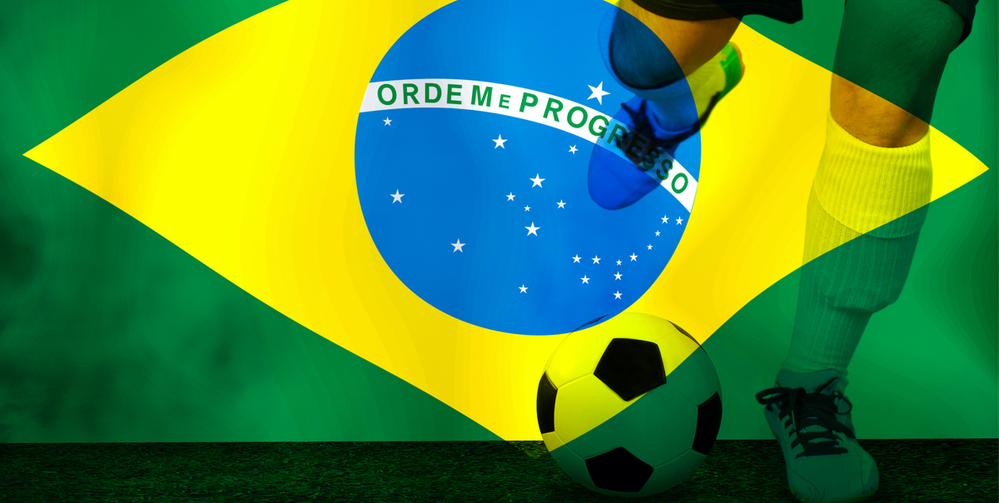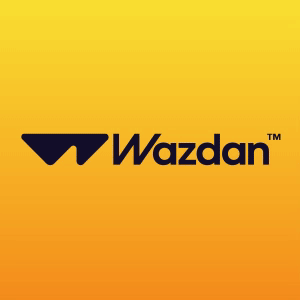Zona de Azar Brazil – Brazil: Football Clubs Defend the Importance of Betting Houses
 Brazil – November 13, 2024, www.zonadeazar.com On the 12th, the second day of the public hearing on the impact of betting houses in Brazil took place. The hearing was convened by Minister Luiz Fux, rapporteur of the Direct Action of Unconstitutionality (ADI) 7721, in which the National Confederation of Commerce of Goods, Services, and Tourism (CNC) requests that the Betting Law (Law 14.790/2023) be declared unconstitutional by the Supreme Federal Court (STF).
Brazil – November 13, 2024, www.zonadeazar.com On the 12th, the second day of the public hearing on the impact of betting houses in Brazil took place. The hearing was convened by Minister Luiz Fux, rapporteur of the Direct Action of Unconstitutionality (ADI) 7721, in which the National Confederation of Commerce of Goods, Services, and Tourism (CNC) requests that the Betting Law (Law 14.790/2023) be declared unconstitutional by the Supreme Federal Court (STF).
One of the most discussed topics on Tuesday was the importance of sports betting sponsorships for the ecosystem of Brazilian football. Representatives of Botafogo, Cruzeiro, and Fluminense spoke at the hearing, highlighting the negative impacts a possible ban on sports betting or betting house advertising would have on the functioning of football in the country.

Football Clubs Defend the Importance of Betting Houses in Public Hearing
Antônio Carlos de Almeida Castro, popularly known as Kakay, spoke on behalf of Cruzeiro, projecting a complicated scenario if the ADI filed on Monday by the Attorney General of the Republic, Paulo Gonet, moves forward: “If this injunction is granted, it would be the end of football in Brazil.”
Gonet’s action targets Laws No. 14.790/2023 and No. 13.756/2018, as well as all ordinances from the Ministry of Finance. The AG requests a provisional injunction to suspend these regulations, thus reestablishing the prohibition of fixed-odds betting in the country.
“Without the ‘bets,’ football would not survive in Brazil today. People might say, ‘oh, but it existed for many years without them.’ It was a completely different reality. If this injunction proceeds, we may not even finish the Brazilian championship,” continued Kakay.
The Cruzeiro representative emphasized the importance of betting sponsorships for increasing the country’s competitiveness in continental tournaments: “Until 2017, only Argentine teams reached the semifinals of continental championships like the Libertadores. A Brazilian team rarely appeared.”
“Without this sponsorship, there is no football. Yesterday, [Juan Sebastián] Verón, president of Estudiantes, said something incredible. While football in Argentina doesn’t even have cars to take players to games, the Copa do Brasil pays R$80 million in sponsorships. Today, we are buying players from Racing, and Brazil is returning to compete,” Kakay added.
Kakay also mentioned the importance of betting houses in supporting women’s football: “In a few years, we’ll host the Women’s World Cup here in Brazil. Today, almost 84% of the funding for women’s football comes from ‘bets.’ There’s no point in simply imagining an ideal world where ‘bets’ don’t exist.”
Jonas Decorte Marmello, representing Botafogo, cited the drastic changes Brazilian football has experienced over the last six years: “In 2018, the Libertadores final was between Argentine clubs: Boca Juniors vs. River Plate. In 2018, 12 of the 20 clubs in the Série A were sponsored by the Caixa Econômica Federal. So, literally, the State was heavily subsidizing private football activities. […] The 20 highest-revenue clubs in 2018 earned R$8.6 billion, adjusted to present-day values by IPCA, and the average Série A attendance was 18,821 paying fans.”
“Six years later, we’re talking about six consecutive years of Brazilian teams winning the Libertadores, with this year’s final being between two Brazilian clubs. The 20 top-earning clubs are now generating R$12 billion, a 40% increase over the last six years. Today, 15 clubs in Série A are sponsored by betting houses, with 75% of the country’s premier competition directly funded by them. We went from 18 to 24 Libertadores titles, with these six consecutive wins, and the average Série A attendance last year was 26,502 paying fans, a 41% increase in six years,” Marmello continued.
The Botafogo representative also highlighted the increase in sponsorship revenue received by clubs. Teams like Botafogo, Cruzeiro, and Bahia have seen their sponsorship income double in recent years.
Finally, André Sica, representing Fluminense, read a statement signed by 30 Brazilian football clubs that united to express their opposition to the ADI presented by Gonet.
The lengthy manifesto highlighted the “significant gains” in revenue and the challenges clubs have faced over the past six years since Law No. 13.756/2018 was enacted.
On behalf of the clubs, Sica also questioned the government’s delay in regulating betting, which, he argued, “has failed to assist clubs and has also neglected to provide necessary protections for the consumer market, athletes, youth, and children in this new sector.”
“Law 14.790/2023 may still be open to improvements; however, it brought about the essential and long-requested regulation of the betting market, assigning rights and obligations to operators seeking licensing. It also provides visibility to the State regarding their operations, establishes rules for bettor protection, and requires the creation of educational mechanisms to preserve the sport, safeguarding clubs and athletes from complex situations arising from misuse of the activity,” the clubs’ statement continued.
“The possible declaration of unconstitutionality of the betting law will not eliminate the betting market. This market will continue to exist, as it did before December 2023, and as it does in other parts of the world – in a clandestine manner,” emphasized the statement, criticizing ADI 7721.
“For this reason, the clubs reiterate their request for regulation and enforcement of Law No. 14.790/2023, ensuring the financial health of Brazilian football and addressing the challenges this market poses,” concluded Sica.
The manifesto was signed by the following clubs: Cruzeiro, Fluminense, Botafogo, Ponte Preta, Palmeiras, Juventude, Vasco da Gama, Atlético Goianiense, Corinthians, América-MG, Ceará, Cuiabá, Vitória, Atlético-MG, Athletico, Fortaleza, São Paulo, Internacional, Bahia, Paysandu, Grêmio, Brusque, Avaí, Barra, Joinville, Hercílio Luz, Criciúma, Red Bull Bragantino, Vila Nova, and Guarani.
Edited by: @_fonta www.zonadeazar.com










































